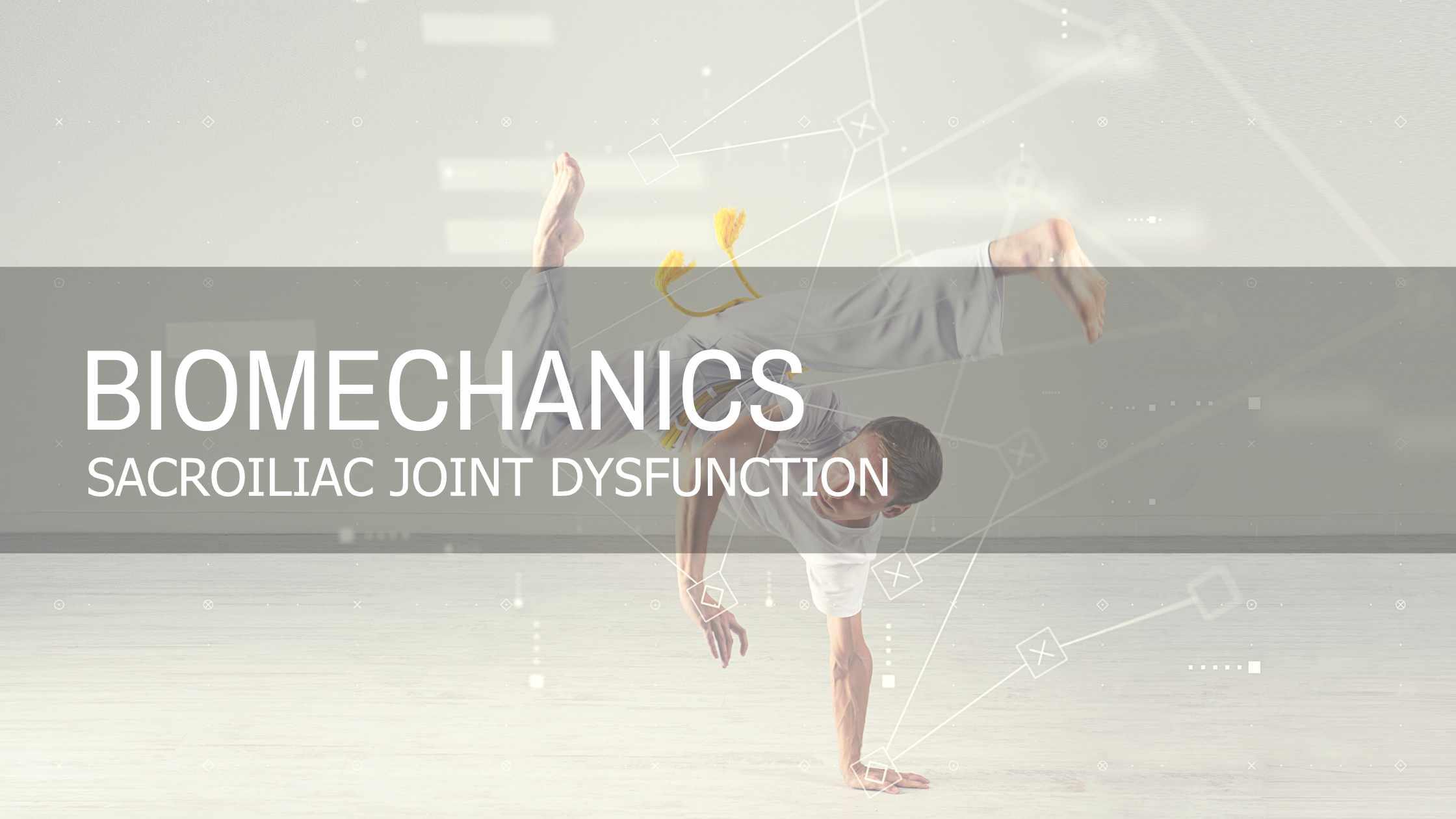
Apr 17 , 2021
0 Comments
Designed to Move | Sacroiliac Joint Dysfunction
What is Sacroiliac Joint Dysfunction?
The sacroiliac joints are located at the triangular intersection of the sacrum (the bottom end of the vertebrae, above the glutes and below the lumbar spine) and the ileum (the hip bones). These particular joints, along with several ligaments, connect the spine and pelvis. It is responsible for carrying most, if not all, of our upper body weight whenever we are in an upright position. In order to be stable and to carry a lot of weight, this region has a limited range of motion (3mm-5mm). As a result, stress can easily be put on the body, especially if there is poor posture or muscular imbalances that make the body favor one side. This can lead to sacroiliac joint dysfunction.
How Does This Happen?
Our hips and spine are naturally supposed to flex a little bit to allow for an array of movements and varying distributions of weight. However, too much movement can lead to hypermobility and instability while too little can lead to rigidity and tightness. As such, a sedentary lifestyle and poor posture can contribute to tight, uneven hip flexors leading to an exaggerated forward tilt of the pelvis. This then, consequently, exaggerates the natural inward curve of the lumbar spine (lordosis – for more information, please click here) The resulting maldistribution of weight and balance puts excess pressure and wear and tear on the sacroiliac joints.
What are the Signs of Sacroiliac Joint Dysfunction?
- Exhaustion, tightness, tenderness and pain around the lumbar spine, sacrum, or hips
- Excess lordosis
- Discomfort when standing
- Limited range of motion in the lower half of the body while engaging in upright movements (without pain)
How Do You Fix It?
To address sacroiliac joint dysfunction, we would recommend the following exercises:
- Release - Hip flexors
- Activate - Gluteal Complex / Side lying band hip extension
- Integrate - Quadruped Hip Extension w/ contralateral scaption
- Strengthen - Low Squat w/ pelvic rotation




